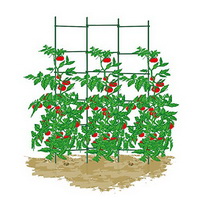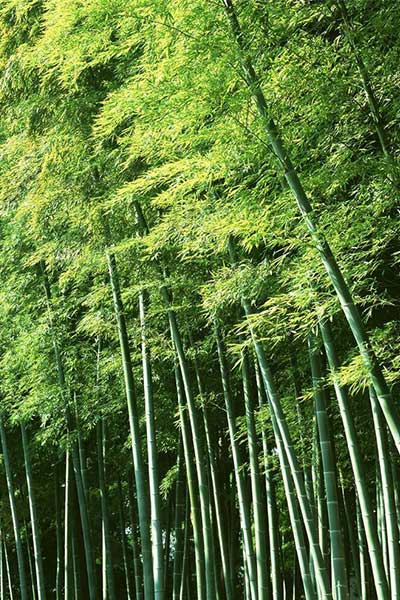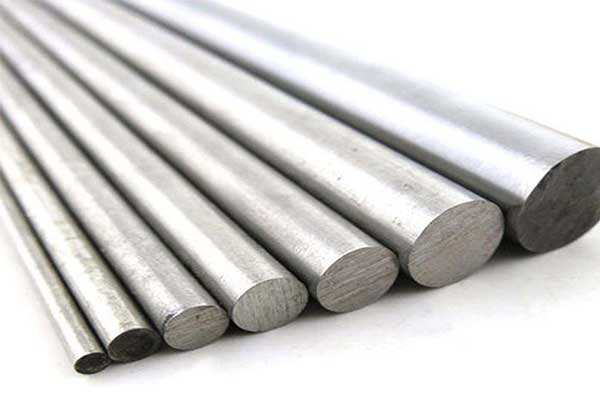What Are Plant Support Stakes
Plant support stakes are an essential component in maintaining the health and growth of plants. Whether it’s a vegetable garden, flower garden, or potted plant, stakes provide support to the stem and branches of the plants, keeping them upright and preventing them from falling over. With so many materials available in the market, it can be confusing to determine which material is best for plant support stakes. In this essay, we will look at some of the most commonly used materials for plant support stakes and compare their advantages and disadvantages to help you choose the right one for your garden.

Material 1: Wood

The most common material used for plant support stakes is wood, which is inexpensive and readily available. Wooden stakes can be made from a variety of woods, such as pine, cedar, or redwood, and can be purchased in pre-cut lengths or cut to size. They are easy to work with and can be easily pounded into the ground using a rubber mallet. Wooden stakes are also biodegradable, so they will break down over time and can be composted. However, wooden stakes may not be durable enough to withstand harsh weather conditions, and they may also be susceptible to rotting, which can lead to the collapse of the plant they are supporting. They may also be prone to termite damage if left in the ground for too long.
Material 2: Bamboo
Bamboo is another popular material for plant support stakes. Bamboo is strong and durable, making it an excellent choice for supporting heavy plants. It is also lightweight, making it easy to handle and transport. Bamboo stakes are also biodegradable, so they can be composted at the end of the season. However, bamboo can be expensive compared to wooden stakes, and it may not be as readily available in some areas. Additionally, bamboo stakes can be prone to splitting, especially if they are used to support plants with heavy fruit or flowers.

Material 3: Metal

Metal is a popular choice for plant support stakes, especially for heavy-duty support of large trees or plants. Metal stakes can be made from a variety of materials, including steel, iron, and aluminum. They are durable and long-lasting and can withstand harsh weather conditions. They are also resistant to rotting and insect damage, making them ideal for use in areas with high termite activity. However, metal stakes can be more expensive than wooden or bamboo stakes, and they may not be biodegradable. Additionally, they may be prone to rusting, especially if they are left in contact with soil or water for long periods of time.
Material 4: Plastic
Plastic is another option for plant support stakes. Plastic stakes are lightweight and easy to handle, making them ideal for use in small gardens or for supporting young plants. They are also affordable and readily available. However, plastic stakes may not be durable enough to support larger plants or withstand strong winds. They may also be prone to breaking or cracking over time, especially if they are exposed to direct sunlight.

Material 5: Fiberglass or Composite
Finally, there are also specialized materials available for plant support stakes, such as fiberglass or composite materials. These materials are strong, durable, and resistant to weather conditions, they are ideal for your plants because they are more durable than traditional stakes. Unicomposite’s fiberglass plant stakes are lightweight, easy to install, rust-resistant, and long-lasting, saving you time and money.

Summarize:
In conclusion, there are several different materials to choose from when it comes to plant support stakes. The best material for your plants will depend on several factors, including the type of plant, the size of the plant, and the weather conditions in your area.




























